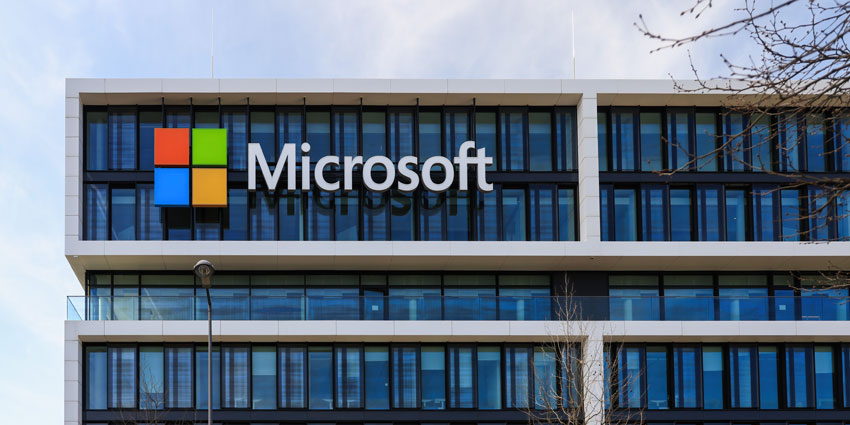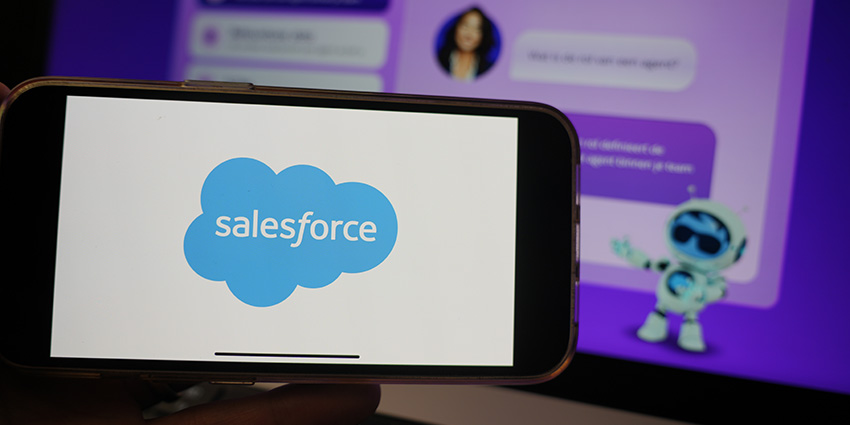Microsoft is removing discounting on Online Services products purchased through its volume licensing programs, starting November 1, 2025.
Its Online Services portfolio includes Microsoft 365, Azure, Dynamics 365, Power, and other specialized solutions, such as Microsoft Defender and GitHub.
Currently, businesses can secure volume licenses for many of these online services at various price points, across Price Levels A–D. These levels vary by region and customer category.
However, the move means that every Online Service – sold under an Enterprise Agreement (EA) or a Products and Services Agreement (MPSA) – has one consistent price across each tier. That price will be available on Microsoft’s website.
As such, Microsoft limits some customers, renewing after October 31, 2025, from securing the same discounts as in their previous contracts.
That said, the standardized price could be lower than what some customers currently pay.
Moreover, while Microsoft customers may not be able to secure license cost discounts, they could still seek concessions on multi-year terms and value-added services.
Alongside EA and MPSA agreements, the move will extend to include the Online Services Premium Agreement (OSPA) for China.
However, Microsoft stressed that there will be no change to on-premise software costs, and that U.S. Government and worldwide Education price lists won’t be affected.
The tech giant announced this on its website. It wrote:
This update builds on the consistent pricing model already in place for services like Azure and reflects our ongoing commitment to greater transparency and alignment across all purchasing channels.
That transparency and alignment has several advantages. It reduces regional price swings, makes costs more predictable for multinational customers, and simplifies partner selling.
Additionally, it builds on the pricing model already established for services like Azure.
However, the possibility of price hikes for many global businesses seems likely.
As such, all customers with volume licensing should contact their account manager to discuss the potential for a significant skew in pricing. Microsoft itself suggests this, noting:
Microsoft recommends scheduling time with your account team or your partner of record to review these changes and assess any upcoming renewals or new Online Services purchases.
If the move does result in widespread price rises, Microsoft does, however, risk this being interpreted as a move to recover operating costs on its AI services and increased cloud expenditure.
Interestingly, Salesforce attributed its recent price rises to “increasing integrations with AI”, as many enterprise software vendors start to feel the pinch.
The Hot Take: Microsoft’s Enterprise Customers May Scramble to Renew
Tim Banting, Head of Research & Business Intelligence at Techtelligence, is one industry analyst who believes this is likely a move to protect margins as AI infrastructure costs increase after years of higher R&D and restructuring.
That seems critical with Microsoft Cloud gross margins falling to 69 percent in FY25, explicitly “driven by the impact of scaling our AI infrastructure.”
Yet, the main customer impact is on the bargaining chips they hold. Noting this, Banting stated:
Big companies will likely bring purchases forward before 1 November 2025, then focus on longer terms, smarter bundles, and phased rollouts.
The analyst also suggested that finance teams will want clear proof that Copilot merits any potential increase in their pricing.
He continued: “Some enterprises will lose out because the Level B to D price advantage goes away; adding services mid-contract after that date will start from a higher list price.
“Multi-year Copilot-led bundles will be favoured to lift ARPU, and with AI capacity tight. Microsoft will (also) prioritize customers who commit more, which makes negotiations tougher.”
Those commitments may include longer contracts and enterprise-wide Copilot adoption plans.
However, the threat of having to make these commitments could lead to significant pushback from enterprise customers, according to Adam Mansfield, Microsoft, Salesforce, & ServiceNow Practice Lead at UpperEdge.
Mansfield told CX Today that pushback may be particularly strong from larger enterprises with pricing based on Level D+, as they typically include additional negotiated discounting.
“If Microsoft presents them uplifted pricing at renewal that moves that pricing all the way down to list Level A (retail pricing), it is not going to land well,” he said.
I could see, assuming Microsoft doesn’t accommodate, the CIOs…etc. of these companies pulling the plug on considering anything new (i.e., M365 Copilot) and/or making an upgrade (move users to M365 E5), along with decisions being made to seek out Azure alternatives (GCP, AWS).
“I also see this as Microsoft’s way to push more large customers to the MCA-E ( Microsoft Customer Agreement – Enteprise), which they have been trying to do, but not as successfully as they had hoped.”
While MCA-E simplifies purchasing, it against lowers the room for negotiation and may negatively impact costs. As such, that transition, as Mansfield mentioned, has proven a slow burn.






